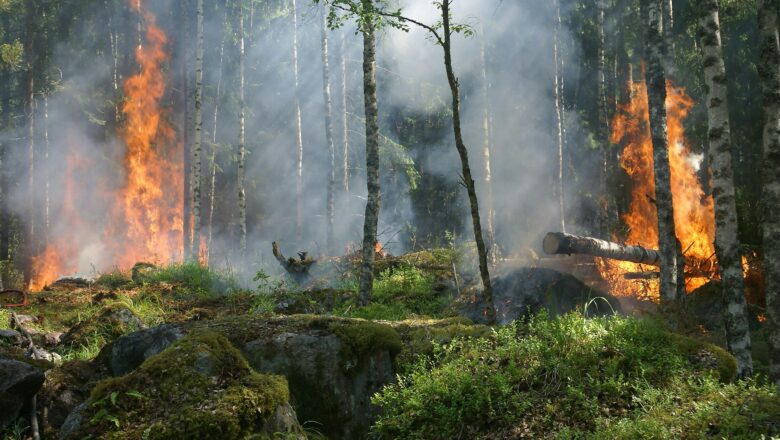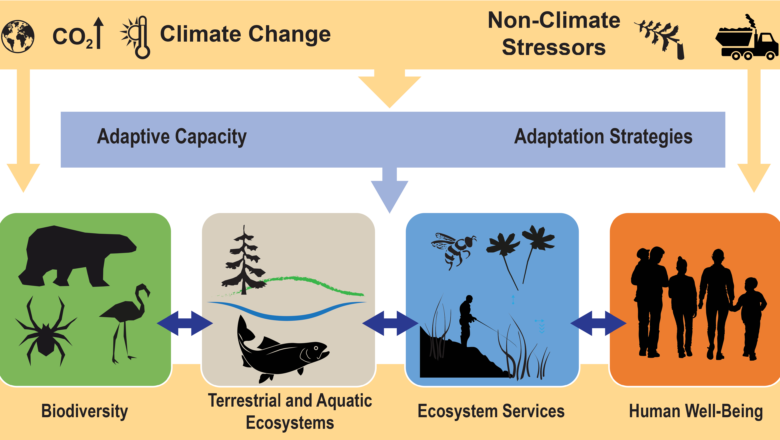
Time Travel: New Research Suggests It’s Possible Without Paradoxes
The concept of time travel has long captivated the human imagination, inspiring countless films and theories. But a 2020 study led by Germain Tobar, a physics student at the University of Queensland, suggests that time travel could theoretically work without creating the infamous "grandfather paradox."
This paradox challenges the logic of time travel: if someone went back in time and prevented their grandparents from meeting, their own existence and thus the possibility of time travel would be erased. However, Tobar's calculations indicate that the universe might naturally adapt to prevent such contradictions.
For example, if a time traveler attempted to stop a disease from spreading, Tobar's research suggests the disease would still emerge through a different route, ensuring history...









